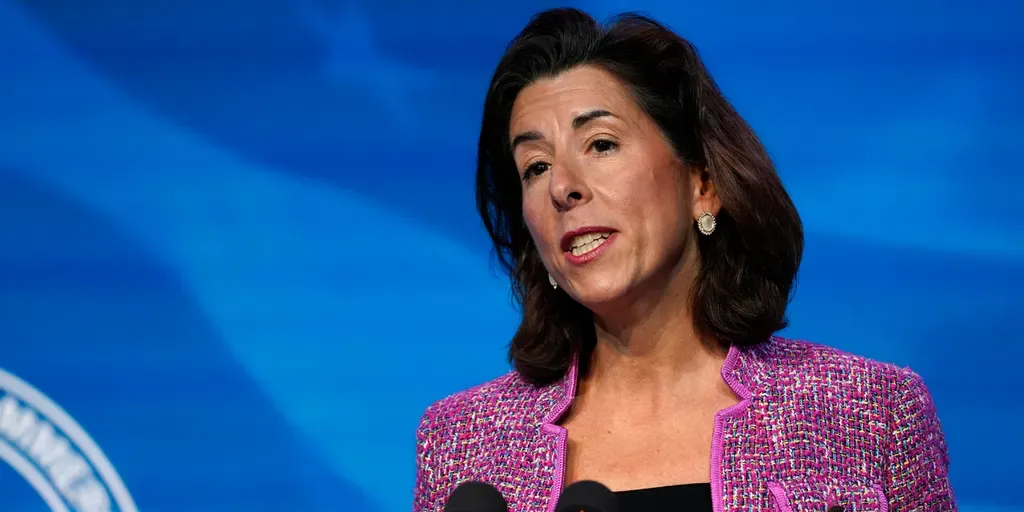ECF Awards of $96 Million, Minority Communities, Charter and Digital Education
Emergency Connectivity Fund grants will keep students connected outside of school, including those impacted by Hurricanes Fiona and Ian.
Zoey Howell-Brown

October 6, 2022 – The Federal Communications Commission announced Wednesday it is committing $96 million from the Emergency Connectivity Fund to keep students connected outside of school, including in states impacted by Hurricanes Fiona and Ian, according to the press release.
Nearly $53 million will benefit students, teachers, and library patrons living in areas impacted by the recent hurricanes in Florida, North Carolina, Puerto Rico, and South Carolina, the release said. The program funds the purchase of Wi-Fi hotspots, modems, routers, laptops, and tablet computers, as well as other broadband services that allow students to work effectively from home.
“We need to make sure all kids have digital tools for connecting with school, but it’s especially important for students living in those areas damaged by the recent hurricanes,” said FCC Chairwoman Jessica Rosenworcel. “This program will help those students by funding hot spots, tablets, and broadband services, building on our ongoing work to close the Homework Gap.”
The program has so far committed over $6 billion to schools and libraries across the country.
Connecting Minority Communities pilot program awards $10.6 Million
The Department of Commerce’s National Telecommunications and Information Administration announced Wednesday that it has awarded a total of $10.6 million to five minority institutions as part of the Connecting Minority Communities Pilot Program.
Mount Saint Mary’s University in California, New Mexico Highlands University, North Carolina Central University, Eastern University in Pennsylvania, and the College of the Marshall Islands have been awarded funds to deploy digital literacy and workforce development efforts.
The CMC covers expenses such as the purchase of high-speed Internet service, eligible equipment, and workforce development efforts for information technology jobs.
The program specifically directs $268 million from the Consolidated Appropriations Act of 2021 for expanding high-speed Internet access and connectivity to eligible historically Black colleges or universities, tribal colleges or universities, minority-serving institutions, according to the press release.
“Minority-serving institutions are key drivers of digital skills education and workforce development programs for communities across the country. They need robust connectivity and resources to continue to provide support,” said Secretary of Commerce Gina Raimondo in a release. “This program will build digital capacity for colleges and universities that will deliver benefits to their students and fuel job creation and economic growth in their communities.”
The latest round of grants increases Charter’s overall investment in the program to $8 million within six years
Charter Communications announced Thursday an award of $1.1 million in Spectrum Digital Education grants to 47 nonprofits in 15 states to fund their digital literacy and workforce development initiatives, according to a press release.
The awards will go to The Oasis Institute in St. Louis, which supports adults with digital technology; Whitmore Economic Development Group, a computer training center for agriculture workers in Hawaii; US Together Inc., which provides refugees with digital education in Ohio; the LGBT Technology Institute, which supports connectivity for disadvantaged LGBTQ individuals in Virginia; Latinitas, a program to improve technology skills in Texas; and InterFaith Works of Central New York, which helps urban and rural seniors with digital skills.
“As one of the largest internet providers in the U.S, we are committed to supporting local initiatives through Spectrum Digital Education that promote digital literacy and inclusion, and help to educate community members about the value of adopting broadband in their lives so they can succeed in today’s connected society,” said Rahman Khan, Charter’s vice president of community impact, in the release.
The latest round of grants increases Charter’s overall investment in the program to $8 million within six years, according to the release.










Member discussion